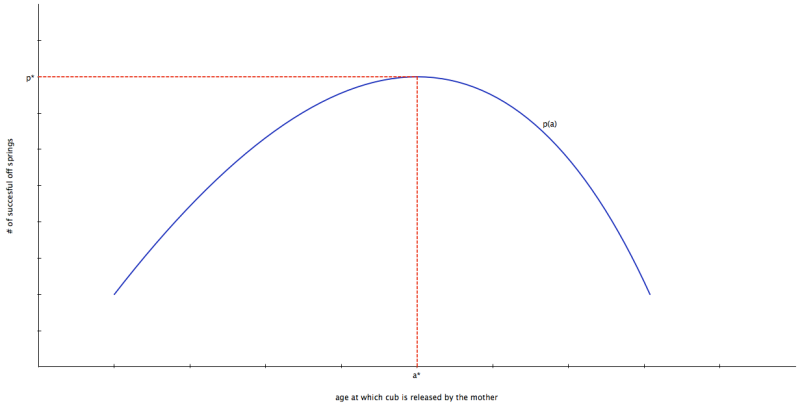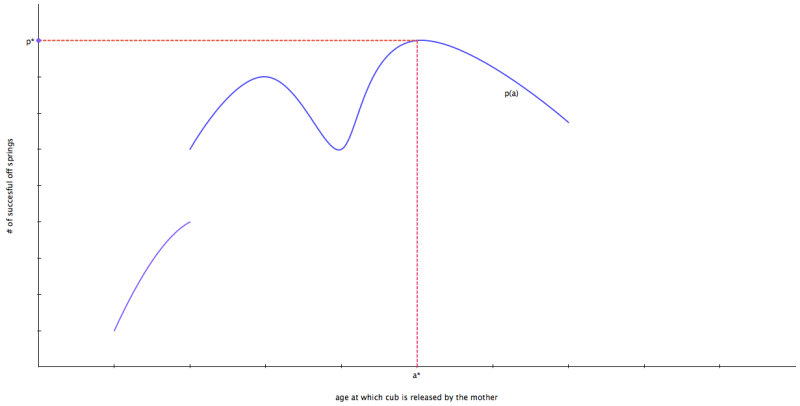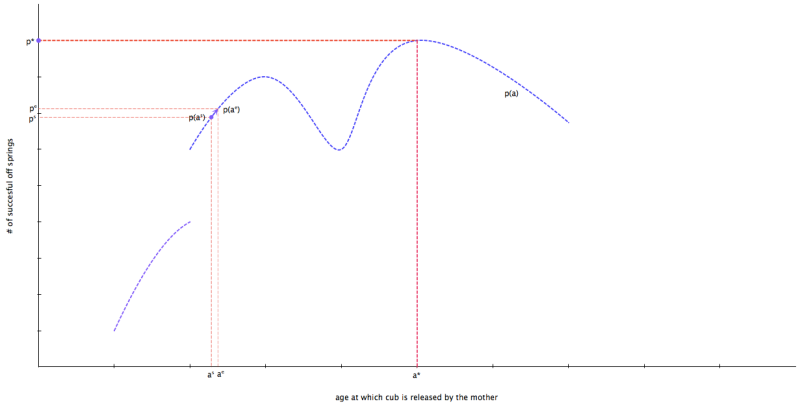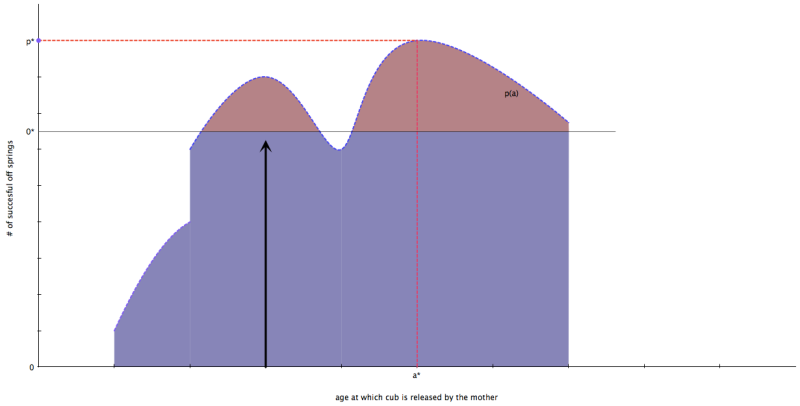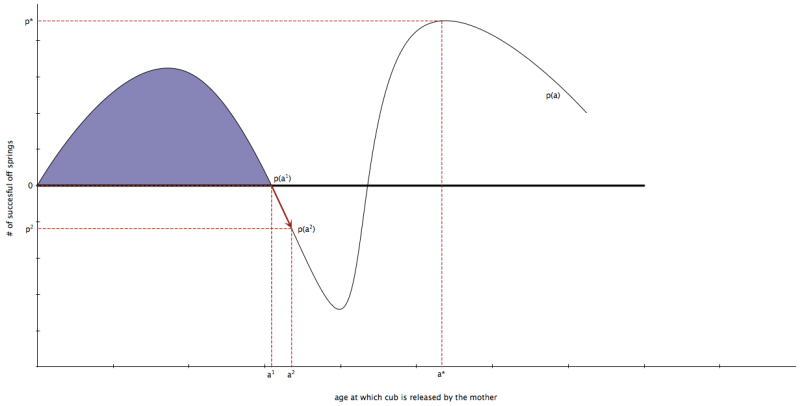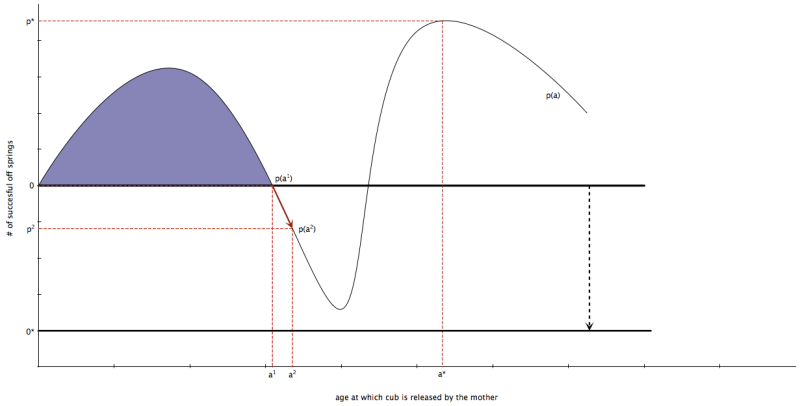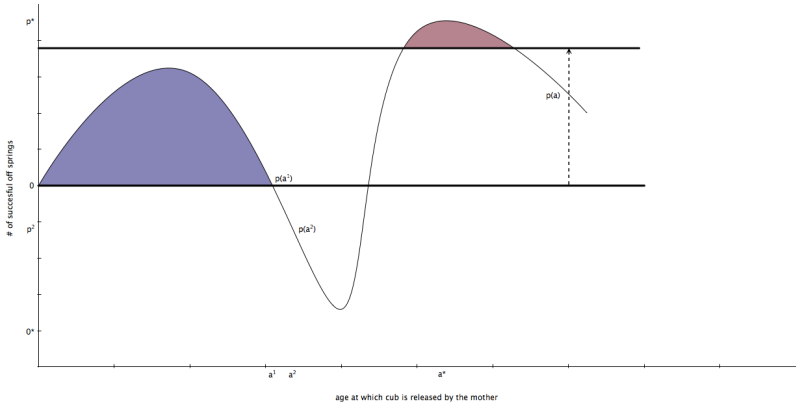Despite the odds, according to pollsters and their polling data, it seems that Donald Trump is officially our president for the next 4 years whether you, we, they, I like it or not. Across an overwhelming majority of surveys and forecasts, Hillary was set to win the election this week by a landslide, and this begs the question – what happened? The statement made earlier in the election cycle resonates with me: “It’s Hillary’s race to lose”. It was our race to lose, and we lost it. We can cry, joke, run away, and blame it on the rest of the country, but there will need to be a moment of self reflection. If anything this is a wake up call to the establishment and liberal culture.
The Racist America and the Much Bigger
For those naive individuals that have lived a sociopolitically isolated life and have only been exposed to liberal America, this was a wake up call to the institutional racism that is very much real in American culture and politics. But there is a flip side to this story and that is to say that the Left did not lose the election because a majority of Americans are racist or sexist. To make such a statement is not just polarizing to an already polarized people, but does a great disservice to understanding the goals, the intents, the world views, etc of the 59 million individuals who voted for him. Sure Trump was able to win because certain demographics had racial and sexist intents, this is very certain, however this is not the reason why the Left lost.
The Left lost because it failed to capture the moderates of America that voted for Obama in both his presidential runs. The Left lost because it failed to re-energize a voter base that did not come back to vote because they felt insignificant and alienated by the political system. African Americans didn’t show up. 29% of Latinos voted for Trump, higher then Romney’s record back in 2012 – even though Romney did not make such blatant racial remarks. 42% of women voted for Trump. Clearly the polarizing story of those voting along racial or gender lines, leaves out something much much larger. The inability for Liberal culture to understand why people can vote for Trump despite his remarks, why both Latinos and women can still vote for him; the inability for Liberal culture to understand that there are bigger issues than race or gender is in itself a very strong indicator of how isolated and naive it may be.
If race and gender were an issue that was to be ‘make or break’, as many of us in Liberal America had expected, then this election would have been a landslide in the opposite direction; Latinos, Women, and African Americans would have voted in a land slide against Trump like they did when Obama ran against Romney or McCain. The fact that this is not the case is not necessarily a story of how people don’t care about race or gender, but a story of how there are bigger issues and lines that voters have voted along. The story has generally always been the same – people voted for economic security in an economic system that is rapidly becoming more inequitable, people voted for national security in a global political climate that has been becoming more tumultuous. All are issues that Trump, although in a xenophobic and isolationist matter, strongly addressed as real issues to be concerned about. In fact his platform has been that: to repealing NAFTA, to preventing Syrian refugees, to building a wall, etc.
Meanwhile I cannot stop feeling that the main agenda for the Left has not been to address these issues but to point fingers at our opponent’s controversial remarks. In the words of Bernie Sander’s, we didn’t talk about the issues that really matter, instead we talked about the person. Ironic to think that so many of us who admired this philosophy turned around after the primaries and did just that. We became reality TV, a medium that Trump excels, and that was our demise.
Generalization, the Great Hypocrisy, and Alienation
It’s odd to think that a political culture that often finds itself fighting against the powers of generalization in the form of racism, sexism, prejudice, etc can then turn around and generalize an entire voter base. Liberal culture stresses the dehumanization that results from generalization; it’s ability to take away from the individual’s ability to represent themselves. To label all Muslims as terrorist is to strip away their individuality.
Yet the political conversation for the entire election cycle has been to label certain voter groups – those who voted for Trump, those who voted third party, those who protest voted, and those that didn’t vote at all – as sexist, racist, biggots, sociopaths, uneducated, homophobic, and privileged – to assume the political motivations, inspirations, and goals of every individual. Not to say that Trump is non of these, but the relationship between a candidate and the voter is not necessarily transitive. Just because I voted for Hillary, does not mean that I stand behind her in everything that she has said or done; quite the opposite. To strip them of their individuality and their unique set of beliefs, views, and motives, and to create a certain perception or representation of them has in a way been a form of oppression itself that does not help to be inclusive but to be alienating. We did not try to reach out to them or to try to understand the individual. When you antagonize an entire group of people, it is then not surprising that they would come out and vote against you.
We were angry when Trump made allegations of Muslims and Mexicans. We were angry when conservative media, like Watters’ World, depicted certain communities in a way that helped promote and continue prejudices and stereotypes that people already had. But it’s important to understand that there wasn’t necessarily a moral high ground in this election cycle. Liberal culture and media did the exact same thing to swaths of the American population – people who are an integral and working part of our society whether we like them or not. They were used as jokes, made fun of, and belittled. The uneducated may be ignorant and naive of certain ethnic, racial, gender, etc groups, but in the same way Liberal culture has been ignorant of the uneducated and the non-Liberal.
The Echo Chamber and Safe Space
The fact that the Trump Win was inconceivable to liberal media and to the overwhelming majority of us, should be an alarm to the lack of feedback or internal deconstruction that is prevalent in Liberal Culture. When there is little disagreement and everyone is coercively forced to think a certain way is when the housing market explodes, when economic bubbles burst, when complacency leads to self-destruction. In a sense P.C. culture has gotten so big that the balance between ‘safe space’ and reality may have been broken. An environment that has helped provide those who have been oppressed a place to escape to, if large enough can easily interfere with our ability to keep in touch with the rest of the world. A comfortable environment leads to complacency, much like how a comfortable sofa disconnects us from those dying in the rest of the world.Whether we like it or not, there needs to be a re-evaluation of P.C. culture as it transforms from the force of the anti-establishment to the institution of the establishment.
Despite where you stand on the political spectrum, we must acknowledge that both the fear of economic security amidst a rapidly changing global economy that is increasingly displacing Americans out of the work place and the fear of national security amidst a violent global political climate that has culminated into forces such as the Paris shootings or ISIS are legitimate. While the solutions to these problems in the form of banning all Syrian refugees or building a “great wall”, may not be necessarily healthy to our country, we cannot just ostracize the very discussion of it. Is it reasonable to believe that the immigration of low skill workers are beneficial mainly to employers and businesses and can be detrimental to American’s whose skills have increasingly become obsolete due to the changing global economy? Probably. Is it reasonable to believe that events like the Paris shooting can happen in the States? Probably. Is it reasonable to believe that individuals with these concerns are racist? Probably not. These are legitimate opinions that people have that are void of the racial hatred often attributed to them but rather are honest concerns that these people face day in and day out.
To disregard people’s fears and to attribute them to some defection in their humanity or lack of education says a lot about the lack maturity in political discourse on our part. Furthermore the ability for those to assume the intent or reasonings behind someone’s choices in regards to voting is an absurd proposition in itself. Too often has been the case where honest discourse has either been shut down or more often prevented from taking place, because people fear being labeled by a very label-centric culture, because the argument is too often diverted away from the actual issue and toward the person, or because the discussion is simply turned into a joke. There is no safe-space for people to express their potentially racist ideas in a constructive matter without having the discussion turned against them or memed, and there really needs to be one. And this frustration is what has culminated in the expression of “we’re tired of P.C. culture” that has been expressed so often by voters this year; the uneducated feel oppressed by the sociopolitical atmosphere that P.C. culture has institutionalized.
Not to say that people can’t be racist, but people can make racist remarks or have racist ideas with honest intents and fears that are not rooted from some racial hatred. Not to say that people can’t have inherently hateful racial intents, but lacking a way to differentiate between them and by using the same label, we have in a way lumped moderates who voted for Obama, but are deeply fearful of the current state of the world, with those who are actually members of the KKK. We have given the uneducated to the racists. It is then no surprise that if people didn’t feel comfortable being open about their support for Trump, that we would have a harder time knowing about it, that the pollsters would have a harder time getting accurate data, that we would have a harder time having an honest discussion about the issues that matter to prevent this outcome from happening. Furthermore when you don’t take an entire political movement seriously, then you are going to be the butt of the actual joke. It is then no surprise that we lost in such disbelief, because complacency.
Liberals as the New Establishment
Trump, whether you believe he is one or not, did a better job portraying himself as the outsider – the anti-establishment force that is to knock down Washington unbiased to the forces of Wall Street and corporate money. And this was probably not very hard to do, since Clinton in every way is an insider – part of the Clinton dynasty, current member of Washington and the Obama administration, long history in politics, long history in the DNC, etc. But it wasn’t just Clinton who felt like an insider.
P.C. culture and liberal culture has spent most of its life time fighting against the establishment. The anti-establishment comes with some perks, in that it allows you to better align yourself with the people and the populist vote. It better helps you juxtapose yourself with a system that isn’t working. And as many people stated, this was the election cycle where being an insider was critically detrimental. In a world where the rich are becoming richer and the rest of us are becoming poorer, it isn’t much of a surprise that the hate toward the current institutions and establishment are at an all time high. People want change in a system that seems to be benefiting only those on the inside. What happened to the Liberal agenda and platform of the Occupy era? What happened to reeling in Wall Street? To bringing change to the economic landscape? To changing the lives of the middle class? To going after the 1%? These were all agenda’s that the Clinton campaign failed to critically carry over from the Sander’s campaign. These were things that I felt like the Left Wing had lost during the campaign trail – the agenda for the people, the issues that really mattered.
Instead we became establishment politics or failed to portray ourselves otherwise. By becoming the establishment, we came to, sadly, represent what we’ve been fighting against for the past years: Wall Street, big banks, big corporations, the political establishment, etc. What have we been fighting for? The Left lost what made the Left the Left, and I can not stop but feel that there was no Democratic vote on the ballot this year, but rather a vote for conservative politics or jingoistic politics. For people who were suffering from the status quo, many simply wanted change, and by no surprise many voted simply against “conserving” the broken system.
Instead of the liberator, we have in a sense become the oppressor. The economic force against the people. The sociopolitical force against the uneducated. For the first time, we find ourselves in a position where it seems like we have aligned ourselves against our voter base and with our enemies. Whether if its true or not or whether we like it or not, there needs to be some fundamental change for both the Democratic party and Liberal Culture if we are to capitalize on what is really capable of America. Unfortunately up to 3 supreme court justices are likely to be appointed within the next 4 years, and this will probably be irreversible until much later in our life times. However this gives me hope that much like so many believe Trump will bring some kind of change to Washington, this series of events will bring some positive change to the Democratic party. And maybe from positive change, some healing to the partisan-ism in this country. This is not to say that I am not disappointed by America’s choice. This is not to say that I don’t feel like people may regret their decision. But since this is a democratic process and 59 million people have made their final decision, we have to move on to the next step.
Mentions:
Good. For months and months this subreddit posted article after article calling anyone not supporting Hillary Clinton sexist, racist, homophobic, uneducated, white privilege trash regardless if they were voting for Trump or a third party. It was just as bad when people were supporting Sanders in the primary.
You are the reason why she lost. You insulted people instead of reaching out to them. You downvoted them and mocked them instead of trying to reach out to and connect with them. You belittled and mocked them for having differences in opinion.
This isn’t on just Clinton.
-Tiamdi
For a group that boasts tolerance and acceptance, I can’t help but feeling a lot of hypocrisy.
-Anonymous
